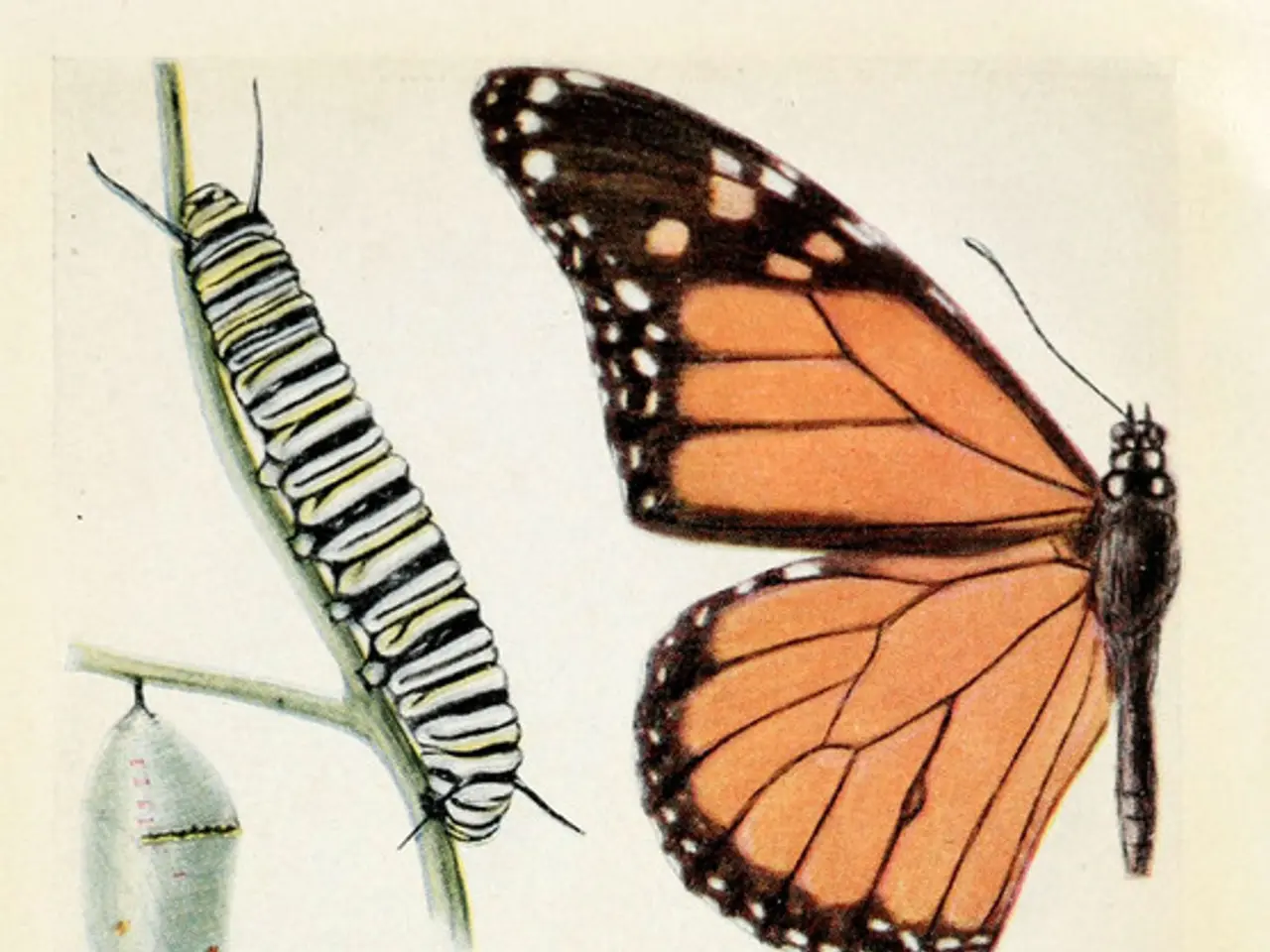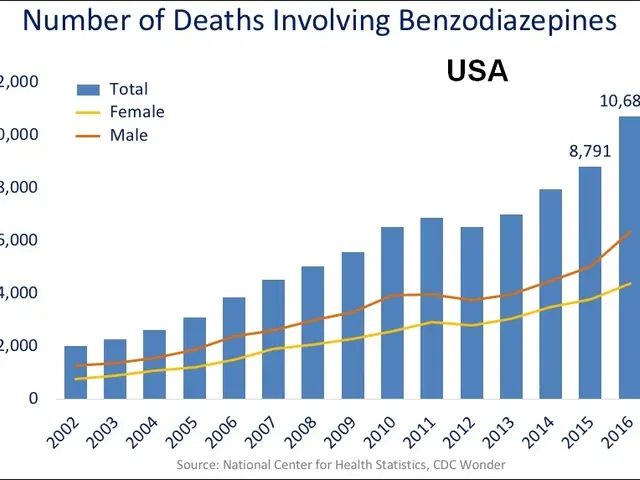Passionate outdoorsman Manfred Wenzl recounts his struggle with a tick bite while engaging in forest activities
Manfred Wenzl's Long Battle with Lyme Disease
In the summer of 2002, during the FIFA World Cup, Manfred Wenzl, a 49-year-old nature lover and hiker from Schwandorf, contracted Lyme disease from a tick found on his pillow. Initially, he thought it was a summer cold, but several weeks later, a sudden fever struck.
Despite being vaccinated against FSME and having brought home ticks before, Wenzl initially dismissed the tick as not a cause for concern. However, his health soon deteriorated, and he found himself facing a long and challenging battle with Lyme disease.
Wenzl's left body half is marked by numbness and muscle pain, and he has difficulty feeling drops of water on his left hand. His symptoms have persisted for 15 years, affecting his quality of life significantly. He finds the standard Lyme disease test unhelpful, and his experience with diagnosis and treatment has been fraught with difficulty.
Various tests for Lyme disease yield both positive and negative results for Wenzl, and medical treatment has proven difficult. He took antibiotics two years after contracting the disease, but his symptoms remain. Wenzl's health insurance does not cover alternative treatments.
Wenzl wants doctors to be better informed about Lyme disease and wishes for more research into the disease. He is committed to raising awareness about the danger of ticks and advocates for progress in Lyme disease research, vaccine development, reliable tests, and effective treatment.
Effective treatment options for Lyme disease primarily involve antibiotic therapy, with specific regimens tailored to the stage and severity of the infection. Early Lyme disease is typically treated with oral antibiotics such as doxycycline, amoxicillin, or cefuroxime. Late-stage or more severe cases can require intravenous antibiotics like ceftriaxone.
Current best practices for doctors include prompt diagnosis and antibiotic treatment based on clinical presentation and diagnostic testing tailored to disease stage. They should also recognize and manage Post-Treatment Lyme Disease Syndrome (PTLDS) symptoms with supportive care while new treatment options are under study.
Staying informed about emerging therapies is also crucial. For instance, monoclonal antibody prophylaxis (Lyme PrEP) is currently in phase 2 and 3 trials, and an impending vaccine (VLA15) is expected to submit for FDA approval in 2026, which could revolutionize prevention strategies.
Integrating prevention strategies is equally important. This includes patient education on tick avoidance, landscaping measures, and awareness of vaccine and prophylactic developments. Research advances focus on improving diagnostic tools for earlier and more accurate detection, exploring novel antibiotic regimens, and developing vaccines and prophylactic agents to reduce incidence.
Given the variability in patient symptoms and disease presentation, personalized management and a combination of treatment and prevention remain vital. Physicians should apply evidence-based antibiotic protocols and monitor advances to optimize patient care.
During the interview, Wenzl took the stairs with heavy breathing, indicating some physical difficulty. Despite this, he remains committed to raising awareness and advocating for progress in Lyme disease research. His hope is to spare others his fate.
- Manfred Wenzl, who battled Lyme disease since 2002, shows interest in other fields beyond his personal struggle, particularly science and health-and-wellness, as he advocates for more research into mental-health, fitness-and-exercise, and sports-related topics like football, hoping to improve the overall quality of life for individuals.
- In a surprising turn of events, Manfred Wenzl, known for his love of nature and outdoor sports, expresses an active curiosity in sports-betting and European leagues, possibly due to the correlation between his ongoing health challenges and the need for diversion and distraction.
- As a staunch advocate for Lyme disease awareness, Manfred Wenzl often finds himself discussing health issues with friends and acquaintances, introducing them to the importance of health-and-wellness topics like mental-health, fitness-and-exercise, and even unconventional subjects like sports-betting.
- Despite the difficulties faced in his personal life, Manfred Wenzl maintains a deep passion for science and is enthusiastic about research in various fields such as Lyme disease, football, sports-betting, mental-health, and fitness-and-exercise, seeking the promises they hold for a brighter future.
- In a captivating interview, Manfred Wenzl shared his experiences in battling Lyme disease during the 2002 FIFA World Cup, expressing hope that widespread awareness and research advancements in areas like mental-health, sports, health-and-wellness, fitness-and-exercise, and sports-betting can help spur progress and improve early treatment options for future generations.




